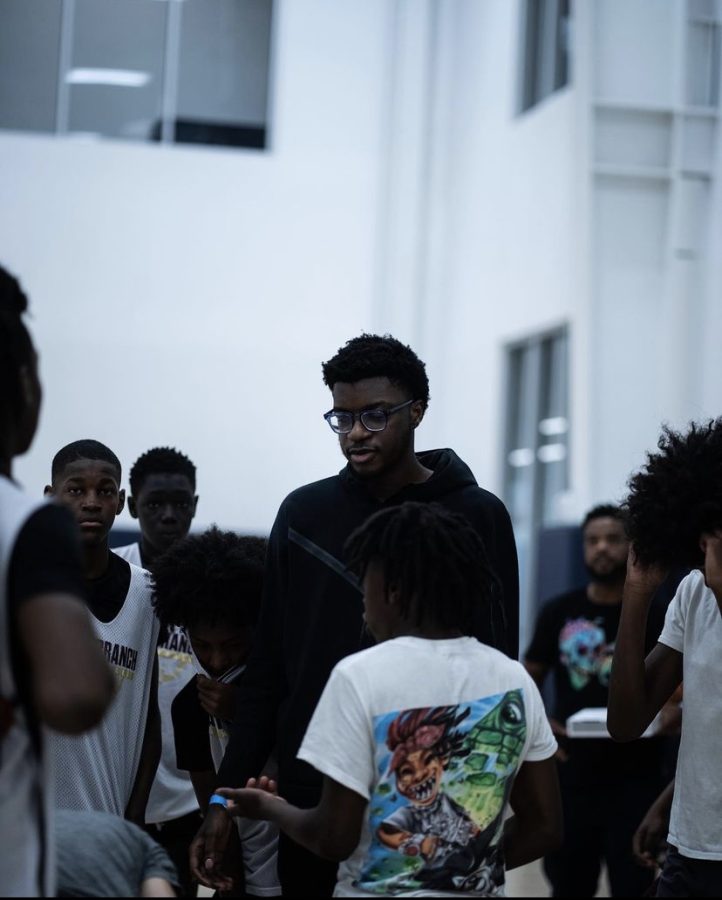Coaches Impacting Athletes
October 26, 2022
If you were put in a situation where a coach placed you in a lesser role than you believed you deserved as a young athlete, what would you do? Would you quit and find another team that would provide better exposure, or do you succumb to pressure and leave behind the sport you once loved?
One of the most important and sometimes hardest struggles for young athletes today is their involvement in youth sports. Sports can be an amazing experience for kids and a potential gateway to a future profession, but can that be deferred by a coach?
Personally, the best option for me would be to stray away for a while before eventually finding a place where I could play comfortably, and be surrounded by a supportive team. For anyone who loves to play sports or games; not having a place or team to play where you feel utilized in your particular role can have a negative impact on your performance. Ellie George from Drops of Ink, a student-run newspaper, states, “According to the Washington Post, more than 45 million children in the United States are engaged in a sport at a young age, but 70% will quit playing by the age of 13.”
Digging deeper into the Washington Post article by Julianna W. Miner, I found that most kids tend to neglect their sport because it’s “not fun anymore.” In the article, Miner determined that there are a number of factors that cause this to happen. One of those factors that stands out most to me is: “It’s not fun anymore because it’s not designed to be.” Miner believes that sports have been majorly geared towards creating competitive players and meeting higher expectations rather than including for the enjoyment aspect.
This same lack of fun had an effect on my experiences in youth sports as well. I am passionate about this because of experiences I encountered when I was not paired with the best lacrosse team during my middle school years. Unfortunately, I did end up leaving the sport altogether before eventually picking it back up at the high school level. In my situation with not having the coaches to guide me with pursuing a sport I was new to, I was misguided in whether I wanted to continue the sport. These negatives are a prime example of how the surroundings of a player can have a large impact on their athletic performance and enjoyment of the sport.
Bias in youth sports can reveal itself in multiple ways. Athletic favoritism affects sporting teams from the youth level all the way to the professional leagues. In the sports aspect, favoritism can come in ways as small as placing a personal connection with an athlete over a greater talent. Certain athletes are favored by their coaches which does greater harm than good towards that athlete. One of the best ways to help youth athletes with this issue is to help athletes concentrate on their own performance and, if necessary, encourage them to move on to another team to get the coaching, playing time, and experience they feel they deserve.
Ultimately, youth sports should reflect one’s desire to play for fun and enjoyment. Similarly, the goal for coaches in youth sports should be to be as supportive as possible and work to develop athletes, not pick favorites and create division.












































